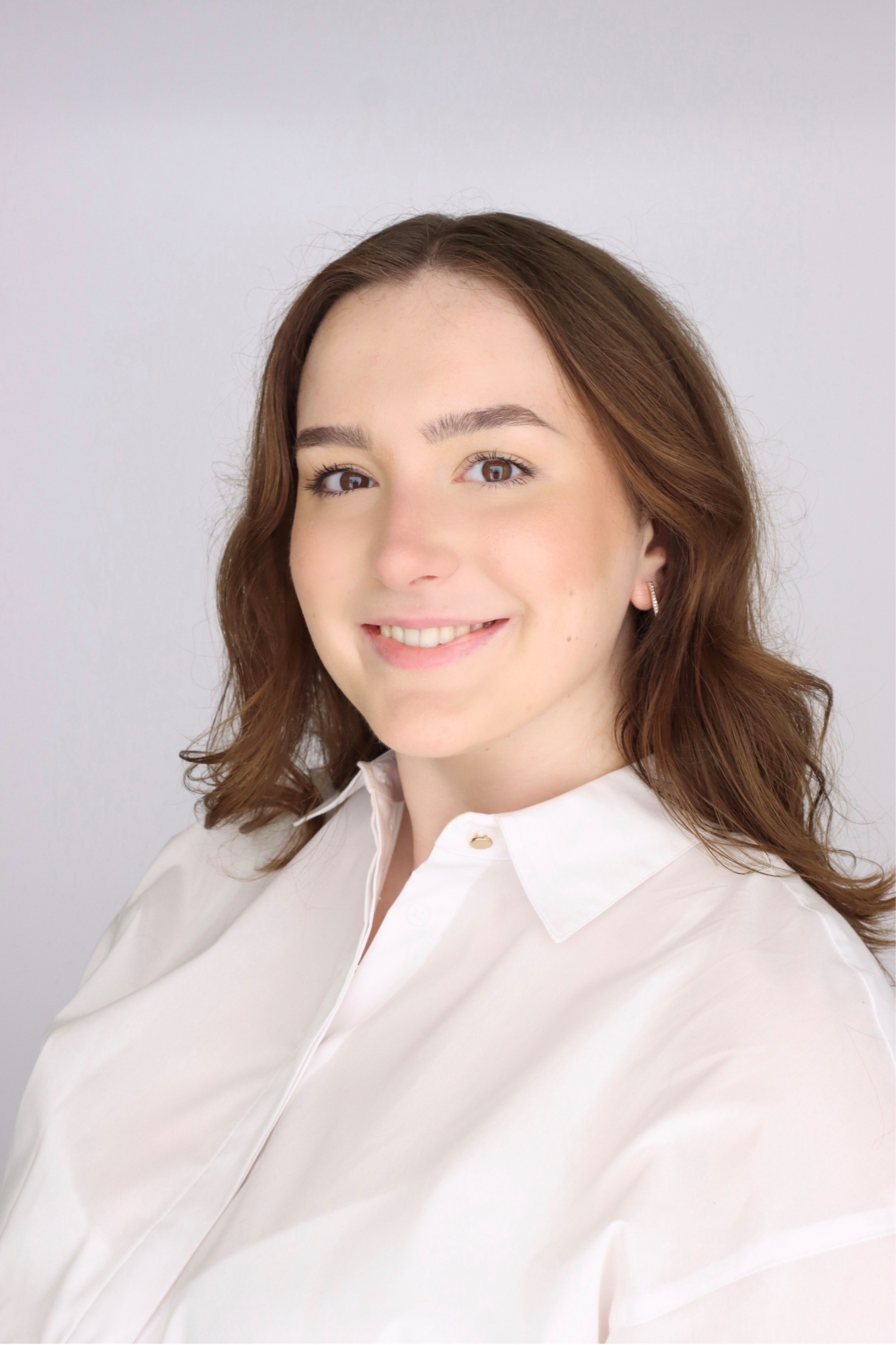Viktoria Krol
From Edinburgh to Minnesota. Viktoria Krol tells us about her role as Research Technologist in the Department of Radiology and Nuclear Medicine at Mayo Clinic in Rochester.

Why did you decide to study at the University of Edinburgh?
I knew I wanted to study physics. I was quite set on that fairly early on in high school. Among the universities I considered, Edinburgh was the one that ranked best: it was internationally recognised and had a strong physics and astronomy department. When I applied to university I was just over 16 years old and it made sense at the time to stay locally for my undergraduate studies.
What is your current role?
I am a Senior Research Technologist in the Department of Radiology and Nuclear Medicine at Mayo Clinic, in Rochester (Minnesota, USA). My role focusses on the development and pre-clinical evaluation of novel radiotracers for theranostics (combined imaging and therapy), predominantly of cancer. My day-to-day consists of cyclotron irradiation of targets to produce medically important radionuclides and isolating them for synthesis of radiopharmaceuticals. In the lab, I combine radionuclides with biomolecules and investigate their stability and efficacy in targeting cancers with high precision.
How did you get where you are?
I would say it has been a combination of hard work and a little bit of luck. However, it was a bit of a bumpy road for me when I actually got to university!
When I was in high school, I was very, very certain that I wanted to do Astrophysics. Once at university, however, I realised that I'm much more of an experimental person. I love being in the lab. There was definitely a transition in the first two years of university, where I was confused: I went from being very certain to what I wanted to do, to suddenly not being sure. I started to doubt whether I should continue with the degree or whether I should switch to somewhere else.
I eventually switched to the MPhys Physics with Year Abroad programme, which gave me the opportunity to spend my fourth year at TRIUMF Vancouver where I worked on a research project in the life sciences department. This was a complete flip to the day-to-day routines of lectures and workshops at university. I was able to step out of traditional teaching, learn on the job, and contribute to science that had real impact.
My project focused on cyclotron production of in-demand radioisotopes for radiopharmaceutical applications. For me, this was an excellent introduction to the field of medical physics and research and development (R&D) for pharmaceuticals. I gained insight into not only the science behind modern therapeutic and diagnostic cancer solutions but also their core challenges in translation beyond the lab.
A few months after coming back from Vancouver, once I had returned back to university, I received an email from my supervisor at TRIUMF telling me about the position at Mayo Clinic. I applied and here I am!
What did you gain from your time at the University? What experiences helped prepare you for life after graduation?
Definitely my year abroad. I am glad I took the decision to spend a year in TRIUMF and try something different from University workshops and tutorials.
After coming back from Vancouver, I was able to tailor my elective choices to subjects I knew would be truly useful for me and hence looked forward to studying them. At that point, I knew I wanted to carry on with medical physics and I was able to choose certain courses that I knew would prepare me to pursue this path after graduation. For this reason, I enjoyed my final year a lot more! It felt that university was training me for something specific, and that I was taking courses with a good purpose.
Do you have any highlights of your time at the School of Physics and Astronomy?
I think it's quite the simple moments that you think back and you romanticize on in a way. For example being in the library at ridiculous times with a group of people surrounded by a million of coffee cups, sheets of papers and calculations on a whiteboard. When you are a student you do not realise this is going to be a core memory for you, because all you think about is how stressful the exam is going to be. However, when you look back after graduation, you realise that those unique experiences made university so special.
What do you wish you had known as a student?
I wish I had known that it is okay to change your mind and this happens to most people. Changing my degree programme from Astrophysics to Physics with a Year Abroad seemed a big shift at the time, but looking back in retrospective that was the right decision to make.
It is okay to change direction until you find what you actually want to do. University is a learning curve!

